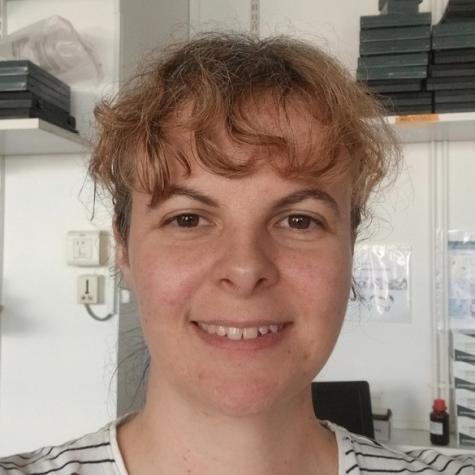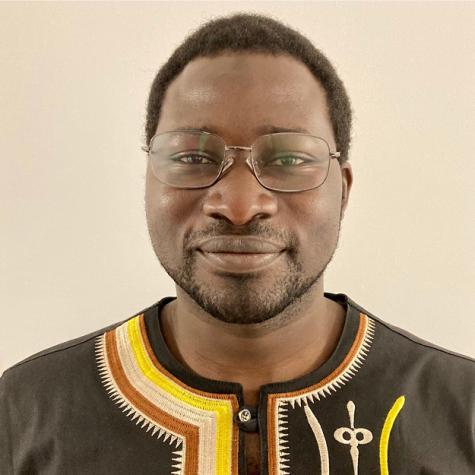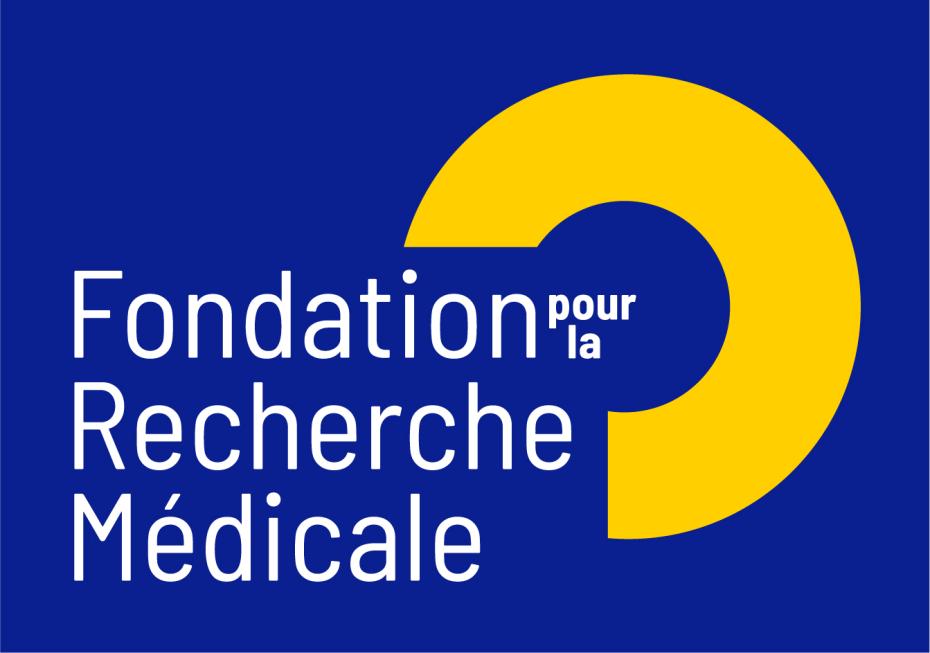Biology of plasmodium transmission
Malaria still kills about half a million people each year. Plasmodium falciparum gametocytes, the sexual stages responsible for parasite transmission from humans to mosquitoes, are key targets for malaria elimination. Immature gametocytes sequester about ten days in the bone marrow and then mature gametocytes are released into the bloodstream where they can persist for several weeks. Our team aims to dissect the interactions between gametocytes and the human host cells. Our work is oriented in 3 main axes:
i) Unravel the interactions of gametocytes with the bone marrow microenvironment. We recently discovered that immature gametocytes can fully develop inside red blood cells precursors in the bone marrow and we intend to decipher how gametocytes modify these cells.
ii) Decipher how gametocytes modify the biomechanical properties of their infected host cell. We use novel biophysical and microscopy techniques to unravel the mechanisms regulating the mechanical properties of gametocyte-infected red blood cells that allow mature gametocyte persistence in the blood.
iii) Generate a novel anti-malarial transmission-blocking drug.
We propose a novel translational approach based on targeting the mechanical properties of infected host cells rather than parasite metabolic pathways. In this context, we have discovered that the phosphodiesterase (PDE) inhibitors sildenafil (Viagra®) and tadaladil (Cialis®) increase the stiffness and the permeability of infected red blood cells and may thus favor their elimination from the blood circulation.






















